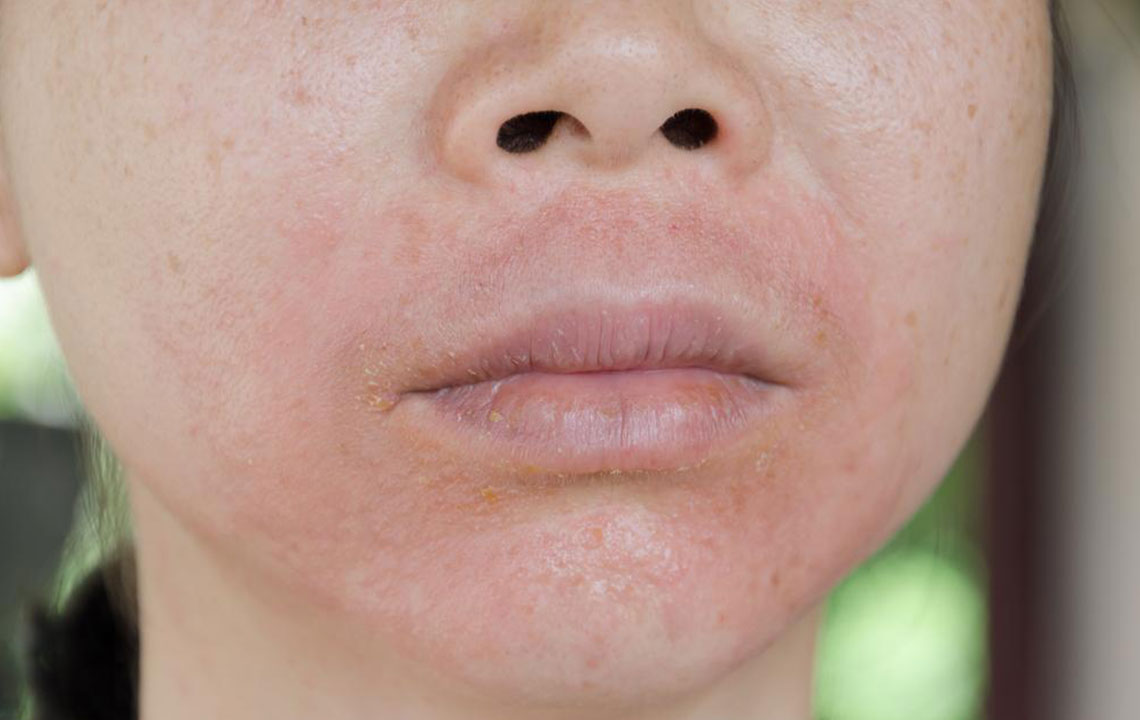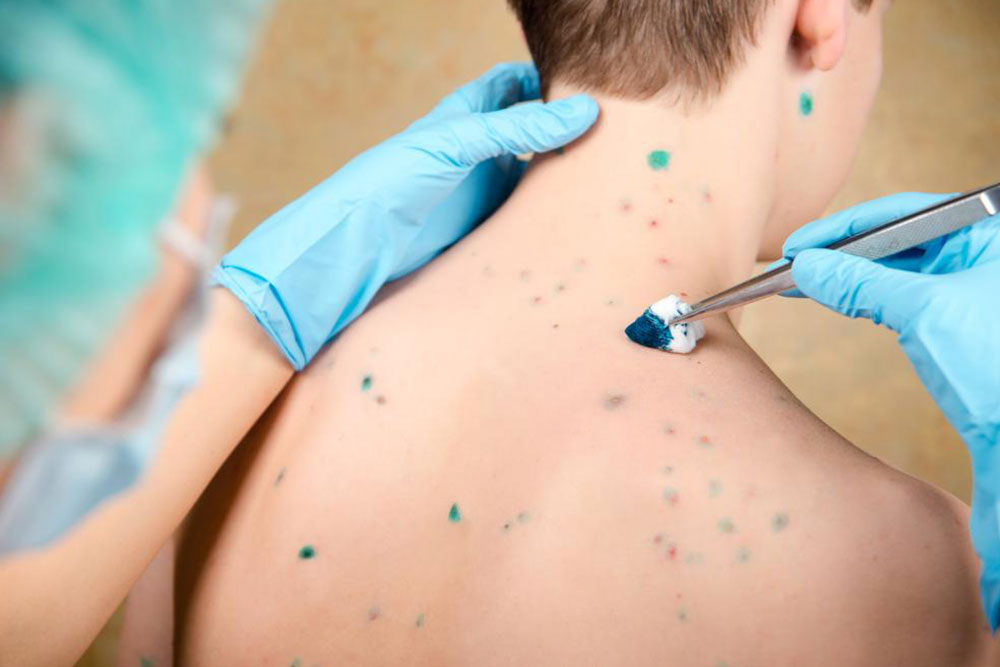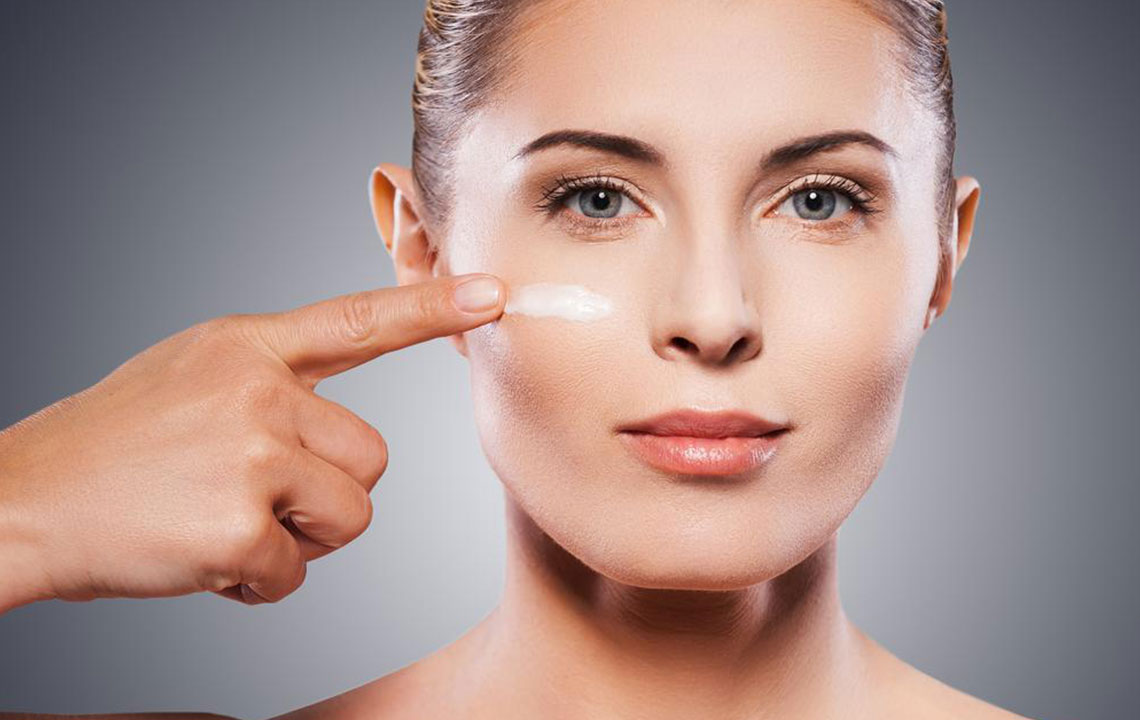Essential Tips for Choosing the Best Scar Treatment Cream
Discover essential tips for choosing the most effective scar treatment creams. This guide explains how scars form, factors affecting healing, and practical advice on selecting products. Starting treatment early and consulting specialists can significantly improve results, helping you achieve smoother, scar-free skin over time.
Sponsored

When discussing skin concerns, scars are often overlooked, with most focused on acne or blemishes. But scars, whether from injuries or surgeries, can impact confidence. Selecting the right scar-diminishing cream is crucial for effective treatment. The ideal product should offer gradual yet lasting results, addressing the root causes of scarring. Understanding different scar types and skin factors can help in making an informed choice. The right cream works over time to minimize visibility and promote skin regeneration, leading to smoother, clearer skin.
Understanding scars and their formation
Scars are marks resulting from injuries or damage to the dermis, the skin's second layer. They can form from accidental cuts, surgeries, or habits like skin picking. When the skin heals, it rapidly produces fibroblasts to repair collagen fibers, forming a new layer. Sometimes, collagen production is uneven, leading to raised or indented scars. Over time, the body attempts to normalize the skin, but targeted treatments like scar creams can accelerate this process and improve appearance.
Choosing the right scar cream depends on the scar's age, location, and the individual's skin tone. These factors influence healing speed and visibility, making tailored options essential for effective results.
Tips for selecting effective scar treatments
Early intervention: Prompt care after injury minimizes scar formation. Keeping wounds clean, moisturized, and protected with vitamin E or silicone-based gels can reduce the risk of prominent scars.
Immediate use: Once a scar appears, consider products containing silicone or rosehip oil to promote healing. Retinol creams also support cellular turnover, helping scars fade faster.
Medical prescription: For persistent or severe scars, consult a dermatologist for personalized creams or treatments, including microdermabrasion or chemical peels. In some cases, internal medications may assist in reducing the appearance of scars from within.






